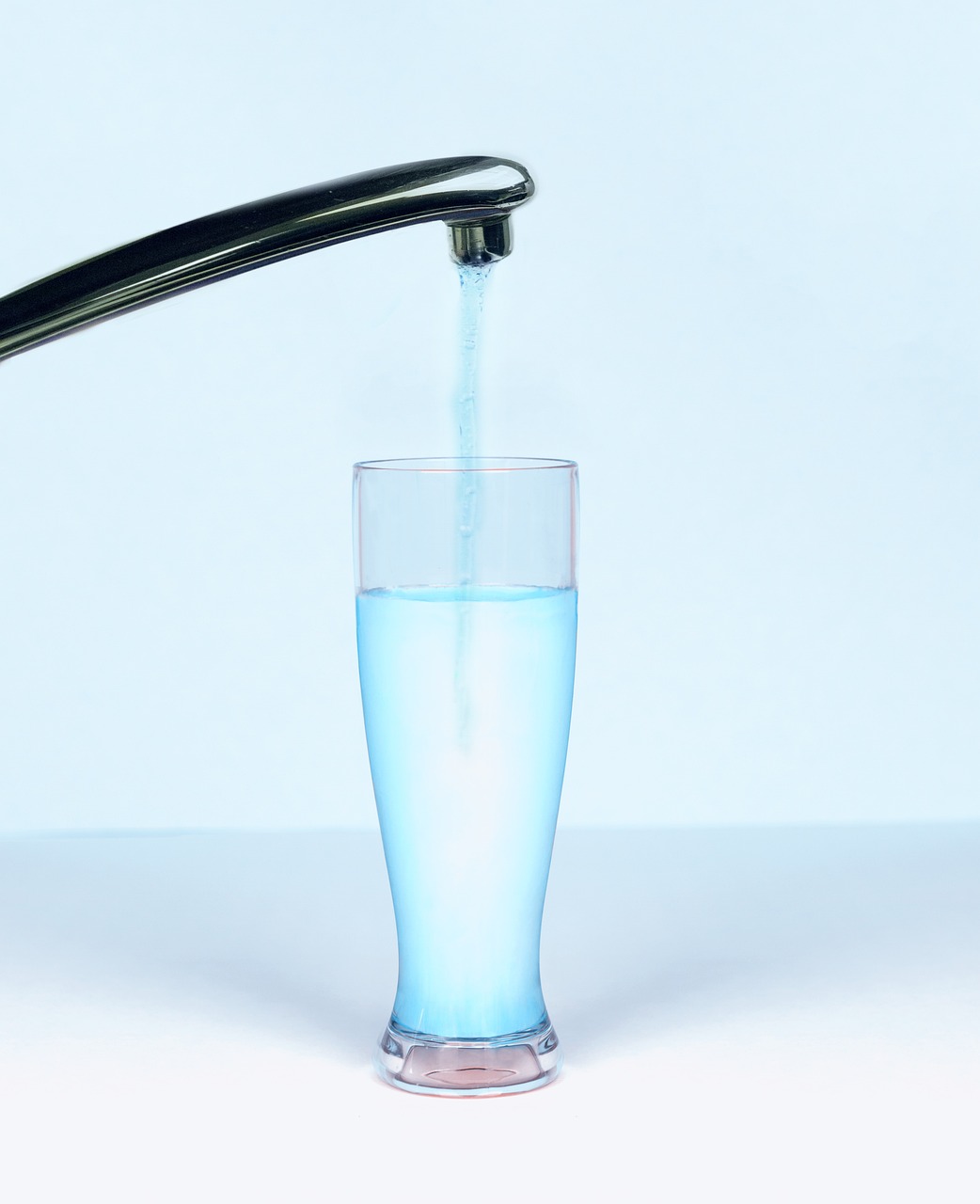A Guide to This Essential Liquid
As a biology or chemistry student, you know how important it is to get accurate results when you are conducting experiments. You will also likely be aware of the need to have extremely clean equipment with no water residue, so as not to interfere with any experiment results.
This is why it is so important, whether you are studying for your PhD or are an undergraduate to know about the different types of water that are used in a laboratory and to understand the importance of distilled water in experiments.
Why is it so important? How is it made? Here is a short guide to this awesome liquid and why you need to invest in some for your lab experiments.
How Is Water Distilled?
The distillation method works to remove impurities and pathogens from the water (which can be naturally occurring). The water is boiled in a vat, the steam created from the boiling is then transferred to another part of the distillation chamber, where the steam forms condensation. The condensation in this area cools and is then moved to a different chamber where it is collected. The process is not difficult but can be expensive, as some water from the initial chamber can be lost via the process and so, for every 2 litres of water being boiled, you will usually get about 1 litre at the end. You should look to buy distilled water in bulk so that you always have enough.
Its Role in Science
Why is this water important in science?
Well, because it has had all of the impurities removed, it ensures that any test you perform will have a fair and accurate result. As it is the closest thing you can get to pure H2O and is inert, it will not cause microbes or particles to appear on the equipment, or in the tests themselves.
If there were organisms or minerals in the water, this would create inaccurate results, which would create an unfair analysis of the data collected. Certainly, the test could not be repeated precisely – a key tenant of scientific experiments.
Laboratory Usage
In large-scale research facilities, distilled water is used as a control in experiments. This is because the process of distilling also removes any electrical charges that the water is carrying, as well as molecules and inorganic particles. This is why it is ideal for cleaning equipment in the laboratories too.
Deionised vs Distilled
Many laboratories also use deionised water, alongside distilled, as both have a role in research and science. Of course, depending on what you need the water for will impact the type that is recommended for usage.
Generally, labs that are running on a tighter budget will usually use deionised water as (even though it has minor impurities in it), it is cheaper and easier to make. Be aware, however, that if you are using deionised water to run experiments, you will need to be able to look for margins of error in the results that are produced and could be due to the use of this water type.






